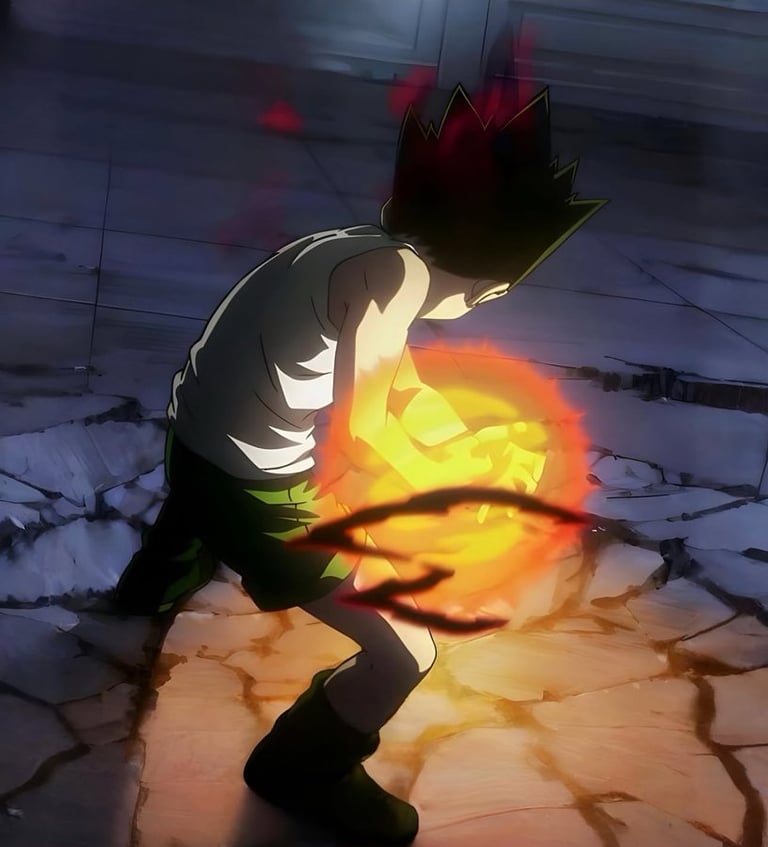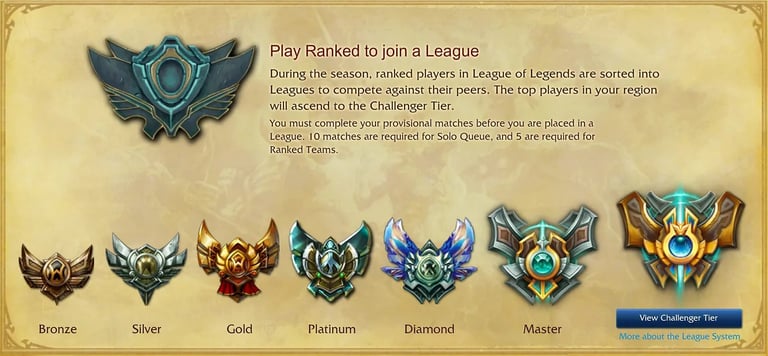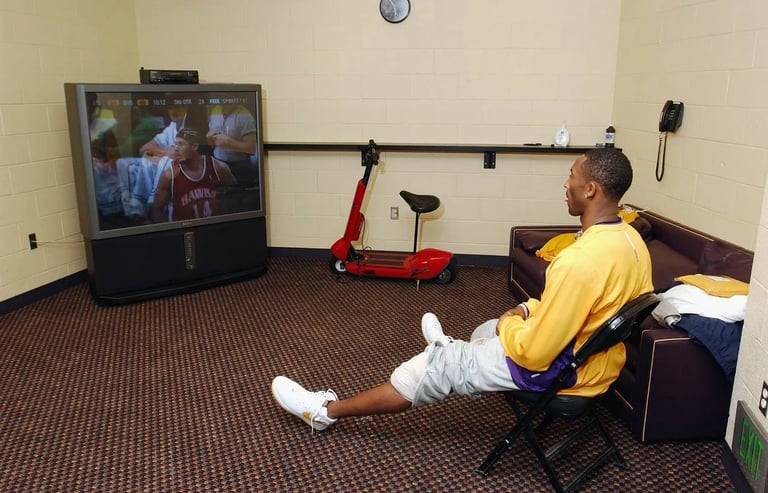Getting better at getting better
Excelence in improvement is one of the greatest interdisciplinary skills to possess. Understand how to improve more efficiently to pick up any skill you want and lap people who have been at it for way longer than you.
GENERAL KNOWLEDGE 📚
0x_Leo_
8/3/20256 min read


Getting better at getting better
My buddy and I recently broke 80 for the first time in golf after picking up a club for the first time a little over a year ago. I don’t mean to blow my own horn, but as some context for those who don’t play golf, that’s a pretty difficult feat — only about 2% of all golfers are able to break 80. We were reflecting on our progress and what factors caused the rapid improvement in both of our games which prompted me to write this article.
Excellence in improvement is one of the greatest interdisciplinary skills to possess. If you understand how to improve more efficiently, you can quite literally pick up any skill you want and lap people who have been at it for way longer than you. Getting insanely good at a video game is quite akin to becoming a profitable trader. Do you ever wonder how that one guy has been “trading” crypto for the last 7-8 years but basically has nothing to show for it while on the other hand that one kid you know who joined crypto 6 months is absolutely cleaning clocks. Sure, there could be an element of talent involved, but a lot of it comes down to having a fundamental understanding of how to improve better.
By no means am I an expert on this subject, but looking back on a variety of activities i’ve wanted to get better at, i’ve done a few things very well that catapulted my progress and compressed time.
Obsession
There’s no getting around the fact that to get good at something, it takes extensive practice and a lot of reps. And there’s no better way to get a lot of reps than becoming obsessed with it. When you become obsessed with something, the practice and “hard work” feels like play. If you’re not obsessed with whatever skill you’re looking to pick up, good luck competing with the killers effortlessly spending every second of their day refining their edge.
When I was in middle school, I got introduced to League of Legends for the first time and I quickly became obsessed with it. I’d play every single second I had free and it was on my mind 24/7. I became hell-bent on hitting Diamond (the third-highest rank at the time), and was able to accomplish that goal within a couple years of starting.


Obviously, that’s just one part of it. Solely spending a lot of time on something doesn’t guarantee improvement. We’ve all seen the “grinder” archetype that never gets results because they are spending all their time working on the wrong things. There’s a common saying in the League of Legends community that someone is hardstuck. This basically translates to someone that is obsessed about the game and spends a lot of time playing, yet they are unable to improve and ascend their rank (someone that is hardstuck bronze could be playing ranked games for the last 2 years everyday but they are still bronze).
Immersion
We’ve all heard that the best way to learn a new language is immersion. Throwing yourself into a city where everyone speaks the language you’re trying to pick up fast-tracks your improvement because you have no choice but to get better. Everyone around you speaks the language so you naturally pick up a bunch of things here and there by osmosis.
That quote “You are the average of the 5 people you spend the most time with” is quite cliche and overused but extremely true. As human beings, we are extremely receptive to our environments, and this is only amplified by social media. And this effect gets magnified even more if you’re a competitive person. There’s no way you’re going to be at the bottom of the pack no matter how competent the pack is.
If you’re trying to get rich and make a lot of money trading crypto, spending a lot of time on Crypto Twitter is like being dropped into a foreign city where you don’t know the language.
Early on in my journey in 2021 when I was basically impoverished, I’d scroll through CT a lot and it dramatically expanded my mental limitations of what I thought was possible. I thought making $10,000 a month or a six-figure salary a year was the dream, but when I’d see random accounts flash a $1,000,000 profit screenshot for a trade they opened less than 24 hours earlier, my paradigms on how money worked completely shifted. Why would I aim for so little when there are people making what i’d make in 10 years in less than 24 hours with the press of a few buttons?
So much of improving at something and accomplishing difficult tasks is truly believing you can. Constantly surrounding yourself and spending time with people that have done what you are striving to do is the best way to drill that self-belief in. If they can do it, why can’t you?
Another part that plays into immersion is mentorship. Explicit mentorship and coaching is a great way to reduce the learning curve. Paying someone to help you with something that they’ve already spent a lot of time figuring out how to improve at is a hack. However, what I believe is even better is organic mentorship through osmosis.
When you’re around people performing at a high level, you start to pick up a bunch of little tricks here and there. I still vividly remember a lot of the text messages back and forth I had with traders that were way further along in their journey. Sometimes it was one singular line they said that really stuck with me and gave me the subtle edge I needed to execute properly on a trade. Sometimes it was a recurring concept that’s a part of their system that I picked up and added to my toolbox. All in all, by immersing yourself into your craft around people further along than you, the progress becomes effortless.
Reflection
It took me a long time to grasp how powerful reflection is in improvement. When I was in high school, tennis was my main thing. I improved a lot at it in a short period of time, but one thing that really held me back from my potential was a lack of reflection. My coach would always encourage me to discuss practice sessions, practice matches, tournament matches, etc with him. However, I never put my full effort into it because I didn’t grasp the importance. At times I would be pissed off about how I played during a match and not want to reflect, so I would miss out on a bunch of lessons I could learn by analyzing what could have gone better.
Trading on the other hand, I’m always thinking about my past trades and how I could have executed better. Could I have sized more there? Could I have sized less and reduced the losses? Why did I sell so much so early? Why did I get greedy and not take any profits?
It’s a constant introspection of how I can perform better, and it makes all the difference. More often than not, getting really good at something is a result of making as little mistakes as possible, and the only way to become acutely aware of your common mistakes is by looking back.
Kobe Bryant was one of the biggest advocates of studying film. He’d spend 5 hours meticulously breaking down every little detail in a game — foot placement, timing, posture, etc. Basically as granular as it gets. No wonder he was one of the greatest to ever play basketball.


To tie it back into golf, I realized that the biggest thing messing up my rounds is not getting enough tee shots into play with my driver. The obvious solution is getting more drivers in play. Simple, but not easy. So I got to work on that as my main focus and my scores started to improve.
Most of the tweaks that we have to make to drastically improve at something are quite simple, yet the majority of people don’t realize what mistakes they’re making because they don’t take the time to study their own film.
With the way the world is progressing, I believe that the most important skill going forward will be adaptability. Willingness to adapt and improve in a world where no one has even a clue of what’s in store for the future is crucial.
It’s also quite satisfying witnessing yourself get better at difficult things in real time a lot quicker than most people. Understanding these three concepts — obsession, immersion, and reflection — helped me a ton in improving quickly at whatever I set my mind to.
Crypto has been a goldmine the last few years, but as time goes on, the money becomes concentrated with sharps and edge decays. There will always be money to be made speculating, but who knows if the best use of time, energy, and finances lies in crypto. If some new opportunity comes up will you be able to adapt quickly and play the new game at a high level?
Link to the original article: https://x.com/0x_Leo_/status/1951786634128847059